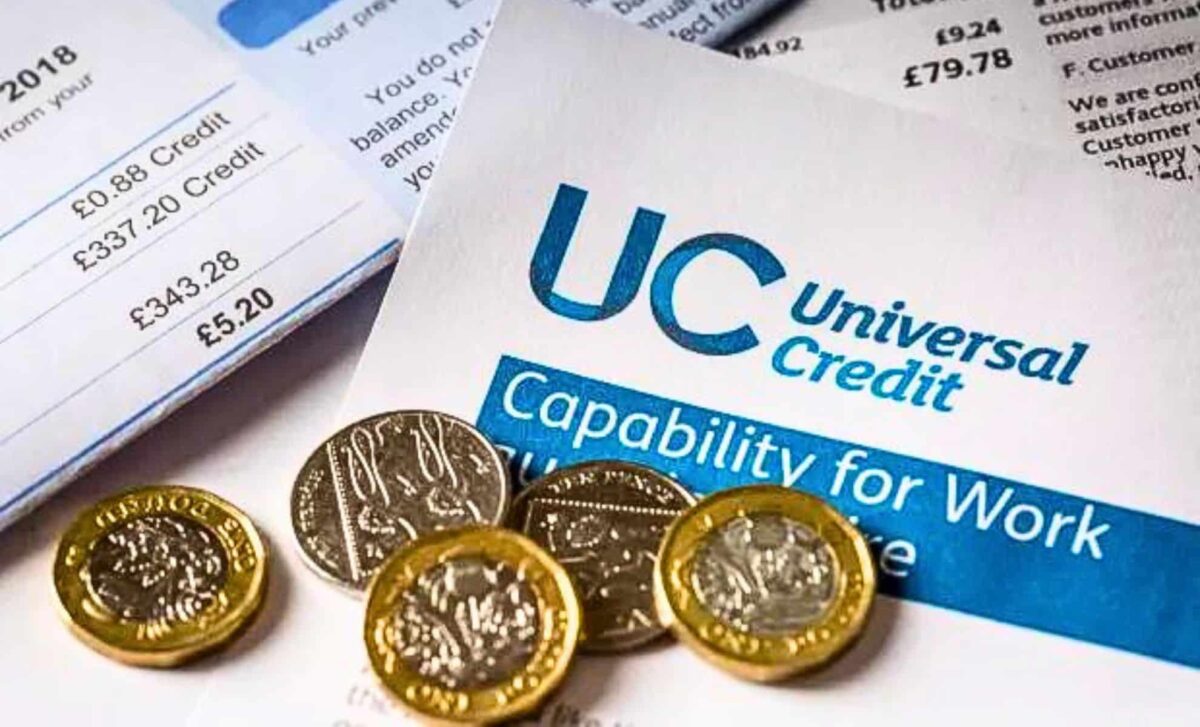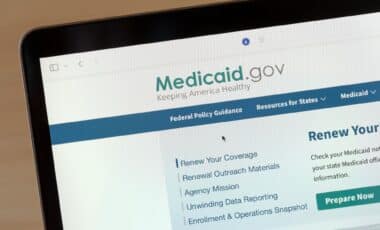According to the latest data from the Department for Work and Pensions (DWP), 6.7 million individuals in Great Britain receive financial assistance through Universal Credit on a monthly basis. This support is for people without a job or with very little money to help them pay for their everyday needs.
Given the rise in the unemployment to 3.89%, an increasing number of individuals are seeking benefits. Consequently, the Department for Work and Pensions (DWP) has just published new instructions on verifying the identities of applicants when they seek to receive Universal Credit.
The latest update includes a comprehensive list of identification documents. New claimants must present these at the Jobcentre if invited for a face-to-face interview. It is essential to note that Universal Credit no longer utilises Government Gateway. Nor does it use GOV.UK Verify for online verification.
Methods for Verifying Your Identity for Universal Credit Claims
You can verify your identity through several methods, including:
- Online identity verification
- Face-to-face appointments
- Documentary evidence
- Biographical interviews
Online Identity Verification
Online verification is a straightforward method to confirm your identity. This procedure includes giving exclusive personal details, like information from your passport or salary slips.
To verify your identity online, the DWP requires any two of the following items:
- Payslips dated within the last three months
- The most recent P60
- A valid UK passport
- Recent Self Assessment returns
- Tax Credits (including Voice ID)
- Credit references or records, such as information about credit cards or phone contracts
Successfully verifying your identity online may exempt you from the full ‘initial evidence interview’.
Alternative Methods for the Identity Verification
The DWP uses a mix of documentary proof, interviews, and its own records to confirm a person’s identity. This process might include:
- Face-to-face appointments
- Phone biographical interviews
If you are required to attend a face-to-face appointment at a Jobcentre Plus, you must bring identification and proof of address.
The DWP stated: “Depending on your circumstances, details of what evidence you need to provide will be discussed with you when you apply for Universal Credit.” For further information, visit the DWP’s official guidance on GOV.UK.
Universal Credit 2024/25 Fiscal Year Payment Rates
Universal Credit (monthly rates)
Single claimants
- Under 25: £311.68
- 25 or over: £393.45
Joint claimants
- Joint claimants, both under 25: £489.23
- Joint claimants, one or both 25 or over: £617.60
Child Amounts
- First child (born prior to April 6, 2017): £333.33
- First child (born on or after April 6, 2017) / second child and subsequent child (where an exception or transitional provision applies): £287.92
Disabled Child Additions
- Lower rate addition: £156.11
- Higher rate addition: £487.58
Limited Capability for Work
- Monthly amount: £156.11
Limited Capability for Work and Work-Related Activity
- Monthly amount: £416.19
Carer amount
- Monthly amount: £198.31
Childcare costs amount
- Maximum for one child: £1014.63
- Maximum for two or more children: £1,739.37
- Non-dependants’ housing cost contributions: £91.47
Work Allowances
Higher work allowance (no housing amount)
- One or more dependent children or limited capability for work: £673.00
Lower work allowance
- One or more dependent children or limited capability for work: £404.00
You can find detailed information about the deduction amounts for Universal Credit based on household situations on the GOV.UK website.









